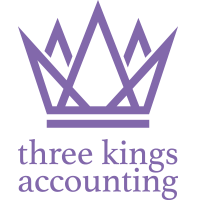Small companies, which qualify as ‘micro-entities’, have a choice of accounting standards:
- to use the same accounting standard – FRS 102 – as larger UK companies but using a reduced disclosure regime (section 1A) within the standard, or
- to apply an alternative standard – FRS 105.
FRS 102 introduced some significant accounting challenges including more widespread use of ‘fair value’ accounting so there may be a temptation to use FRS 105 as fair value accounting must not be applied. However this may not always be the best choice for the company.
Qualifying as a micro-entity
The main criterion is based on size limits. The company has to meet two out of three size limits, for two consecutive years:
- turnover of £632,000,
- total assets of £316,000 and
- 10 or fewer employees (averaged throughout the year).
Certain financial services firms, such as credit institutions and insurers, and also charities, are excluded from qualifying and there are special rules if the company is part of a group.
Simplified accounts
Accounts prepared under FRS 105 need consist of only a simplified Profit & Loss Account (the accounts filed at Companies House need not include this), a Balance Sheet and four notes to the balance sheet.
Company law presumes that micro-entity accounts prepared as above give a true and fair view. This means that the company is not required to add any further disclosure. If instead the company opts for the reduced disclosure regime under FRS 102, there may be a need for extra disclosure to ensure that the accounts give a true and fair view.
Simpler accounting
FRS 105 imposes simpler accounting treatment compared to FRS 102. There are numerous differences between FRSs 102 and 105 but the three most significant are likely to be:
Revaluation / fair value of assets
This is not permitted under FRS 105. By contrast, FRS 102 permits (and in some cases requires) some assets to be measured at fair value annually.
Avoiding the need to obtain regular fair values may prove more convenient and less costly for the business. However, if the company is currently revaluing properties and has significant loans and other debts against these properties, using FRS 105 would mean re-measuring the properties at ‘depreciated cost’, which could reduce the balance sheet value considerably.
Fewer intangible assets
Under FRS 105, fewer intangible assets are recognised than under FRS 102. For instance, if the company were to acquire a business, the purchase price will be divided between tangible assets and liabilities and goodwill – the company would not need to identify separate individual intangible assets such as customer lists and brand names. It also means, however, that internally-generated intangibles such as development costs cannot be treated as assets; instead, such costs must be expensed through profits as incurred.
No more deferred tax
FRS 105 does not allow companies to recognise deferred tax. By contrast, FRS 102 includes deferred tax more frequently than before.
Other things to consider
The relatively brief information presented within micro-entity accounts means that less financial detail is available to the public (via the filed accounts at Companies House). Directors may find this an advantage; however, it remains to be seen whether this lack of information could damage the company’s credit-rating. The shareholders of the company will also receive less information in their members’ accounts.
Directors can provide more information in the accounts than the statutory minimum, should they prefer to do so. We will be happy to supplement the minimum statutory information with extra analysis so that directors have enough financial detail to make informed decisions in running the business.
We want to ensure that directors are prepared and informed about the accounting choices for the company, which include (but are not limited to) the issues we have covered above. Please do get in touch.
How we can help
We can help you to find an appropriate source of grant funds and also assist with your business plan and detailed application. Contact us to find out more.


